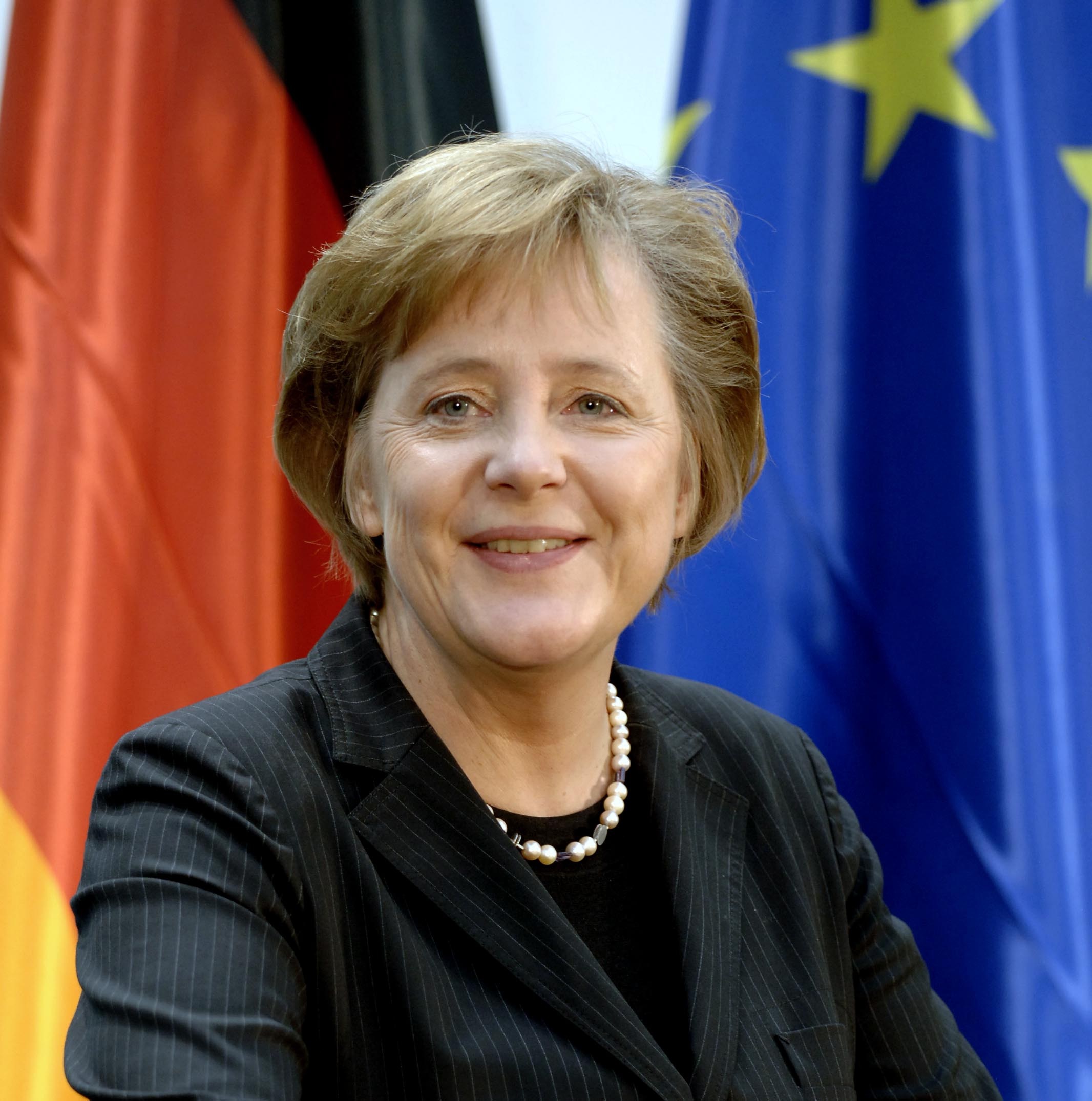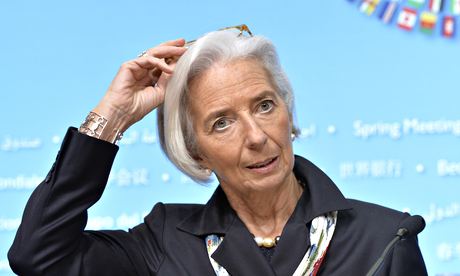以下這些成就卓越的女性有何共同之處:Hilary Clinton、德國總理Merkel、流行天后 Beyonce、Oprah Winfrey。。。?答案就是:她們全是家中的長姊。

英國 Essex 大學社會及經濟學院發表一份名為《兄弟姐妺組合、教育志向及成就》研究報告,剔除獨生子及孿生子家庭後,追蹤調查了 1,503個兄弟姊妹組合及 3,532個個人,發現在一眾兄弟姐妹中,長姐的野心最強,也最有機會成功 . . .【丫丫感想】作為家中的大姐姐,我當然十分認同這項研究報告!

研究發現,長子長女比弟弟妹妹更渴望升學,而長姊比長兄更希望繼續深造。長女長子取得高學歷的機會比弟妹高16%,而長女又比長子高出4%。野心方面,長女亦較長子高13%。

同時,研究更發現,兄弟姐妹歲數若相隔四年或以上,弟妹學業成績會比相隔四年以下要更好。研究人員認為,長女長子野心大而且成就高的原因可能有兩個:1)父母通常花最多心機和時間在首名子女身上來栽培他們;2)長女長子天生較為聰明,「但應該是第一個原因吧」。

資料來源:The Guardian UK

What do Angela Merkel, Hillary Clinton, Christine Lagarde, Oprah Winfrey, Sheryl Sandberg, JK Rowling and Beyoncé have in common? Other than riding high in Forbes list of the world's most powerful women, they are also all firstborn children in their families.
Turn to British science and one finds Dame Jane Goodall, Dr Susan Greenfield and Jocelyn Bell Burnell, also firstborn children.
Now such anecdotal evidence of firstborn high achievement has been borne out by research. A groundbreaking study, by Feifei Bu at the Institute for Social and Economic Research, University of Essex, appears to show that, if you are the eldest child and female, you are statistically more likely to be the most ambitious and well-qualified of all your family.
Next in line for success come firstborn boys – all 12 men to have walked on the moon were either eldest or only children.
The study also found that parents could strive to have children more likely to become high achievers by leaving a gap of at least four years between each child; the wider the gap, the greater the chances of higher qualifications.
Leaving out families with only children or with just twins, the research looked at the impact of sibling structures on aspirations. Previous studies, particularly in Norway, Denmark and the Netherlands, revealed that the firstborn are more likely to win higher qualifications, but the ISER research found that this could be partly explained by the fact they are likely to be more ambitious than younger brothers and sisters.
Sibling Configurations, Educational Aspiration and Attainment followed 1,503 sibling groups and 3,532 individuals through the British Household Panel Study and its successor, Understanding Society. Even taking into account parents' education and professional status, the study found firstborn children were 7% more likely to aspire to stay on in education than younger siblings. Firstborn girls were 13% more ambitious than firstborn boys. The probability of attending further education for firstborns is 16% higher than their younger siblings. Girls are 4% more likely to have further education qualifications.
"There are several possible explanations for the higher attainment and ambition of the eldest," said Bu. "It could be that the parents simply devote more time and energy to them – it could be they are actually more intelligent. For me, I tend to lean towards the theory that parental investment is possibly at work here.
"And I would say that the larger the age gap between the children, the better the qualifications. I don't think the number of children is something I can say anything about, as this study was done here in the UK, where family size tends to be smaller, so there was no substantial difference to note."
She also said she had found no evidence of the oft-heard complaint of middleborns that they had been "left out" of parental attentions.
The study also looked at gender mix among siblings, and size of families – again excluding twins and only children – and found that this had no bearing on their ambitions or achievements later in life. There was no evidence that the sex of another sibling made any difference to the level of aspiration. However, it was found that a bigger age gap between brothers and sisters did make a difference on educational attainment.
"It shows us how educational disparities exist not only between families but also within families," said Bu. "It is interesting that we observe a distinct firstborn advantage in education, even though parents in modern society are more likely to be egalitarian in the way they treat their children."
And does she have a personal interest in studying sibling structures? "I'm the firstborn, of course. That is why I'm doing a PhD."